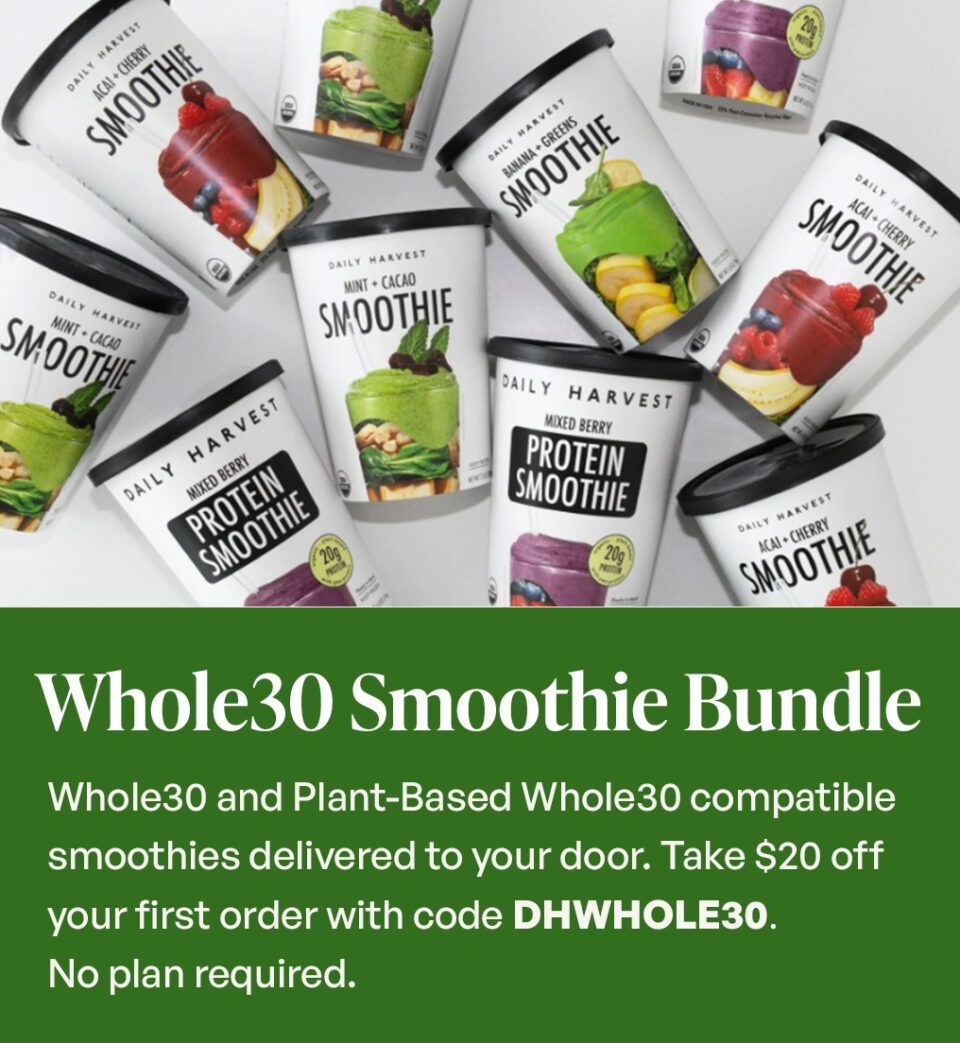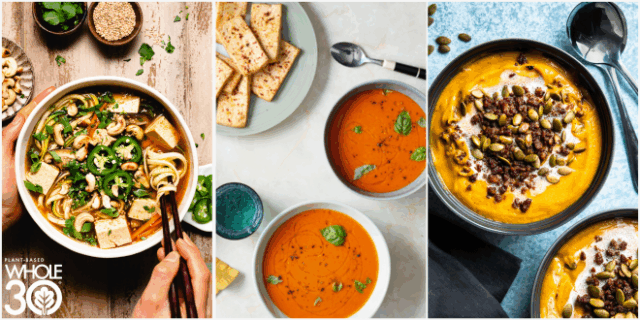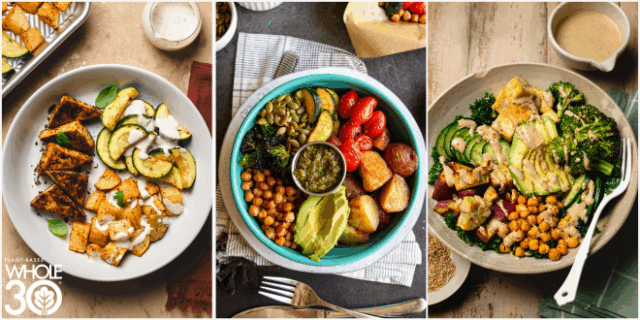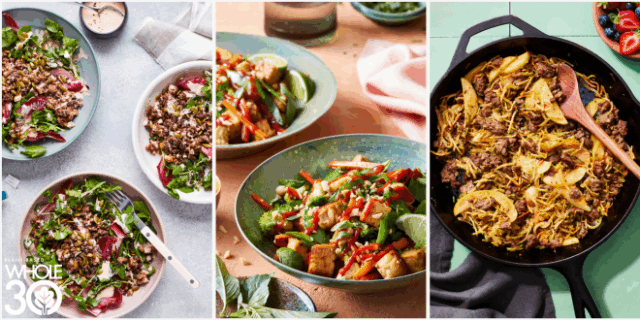Today we rolled out the biggest Whole30 announcement in many years; the first comprehensive addition to the Whole30 framework ever. Today, we announced the Plant-Based Whole30 program.
The Plant-Based Whole30 is a 100% plant-based version of our original 30-day reset, designed to offer the same life-changing benefits of the Whole30 without the inclusion of any animal products. I designed it with Registered Dietitian Stephanie Greunke and the support and endorsement of a diverse group of healthcare professionals, and you can see it in all its glory (complete with a new website hub and articles, PDF downloads, recipes, a forum, and its own Instagram account) across ALL of our Whole30 channels today.
However, I’m not here to give you the ins-and-outs of the rules, the history, or details of this new program. I’m here to talk about dealing with the discomfort of personal growth, and how sometimes that discomfort happens quite publicly—and how you just have to deal with that, too.
And by “you,” I definitely mean “me.”
Past Melissa
Back in 2011 when I was writing It Starts With Food, I felt very different about a plant-based diet than I did today. As with most things, Past Melissa was less empathetic, less tolerant, less aware of her privilege, and more judgmental. Also, I thought I knew more then, because it was hard for me to imagine anyone’s experience other than my own.
This isn’t a dig on Past Melissa. She was doing the best she could with what she knew. But Past Melissa had very strong feelings about a plant-based diet. Namely, that it wasn’t optimal. For anyone. (Now is a good time to ask you for grace.)
In ISWF, in a special section for vegetarians and vegans, I wrote: “If your primary reason for becoming vegetarian or vegan was for health, we certainly hope we have made you reconsider! We don’t believe you can enjoy optimal health without eating animal protein… so if this is your context, give our plan a try. Go back to eating high-quality animal protein for 30 days… we’d be shocked if your health did not dramatically improve.”
First, I don’t like sharing that here. I’m embarrassed-bordering-on-ashamed, and I hate that feeling. I wasn’t a bad person for believing this, I was just insensitive, arrogant, and wrong. The most uncomfortable part is that I wrote this in a book that is still selling to this day. I can’t brush it off or pretend I always knew better. I didn’t, and the whole world can pick this book up and SEE that I didn’t.
That is supremely uncomfortable. And yet, that is part of my growth.
Current Melissa
My perspective on everything began to change after my divorce and business split, and once I began examining the concept of privilege. I became softer and more empathetic, first towards myself, then towards others. I became far less judgmental, first towards myself, then towards others. (Do we see a pattern here?) I examined my many privileges and how they affect my experiences in the world, which led me to try to better understand other people’s experiences. I started listening more than I talked, saying “I don’t know” any time I didn’t, and began to expand my definition of “accessibility;” a goal I’d always had for the Whole30, but never truly grasped the scope of.
Today, the idea of telling someone who doesn’t want to eat animals to “give it a try for health reasons” would never occur to Current Melissa.
If there is one thing I ask of you today, it’s to please trust the sentiments I’m about to share now as my truth, and the truth of the Whole30 program as it stands. This is what I believe. This is what I understand. These are my goals.
- I believe that our mission is to empower people to own their health and change their lives—on their own terms.
- I believe that there is no “best” way to Whole30, and that providing two well-supported frameworks that respect a broad array of individual values will allow more people than ever to access the truly life-changing benefits the program has to offer.
- I understand that people have many reasons for adopting a plant-based diet—be they ethical, physical, cultural, religious, geographical, or socio-economic—and my job is to help that person discover the specific plant-based approach that works best for their unique body.
- I believe more people than ever will be able to see themselves in our I Am Whole30 stories, and that any expansion of representation within our community is a great thing.
- I believe that I will support your Plant-Based Whole30 journey with as much energy, enthusiasm, encouragement, and tough love (heavy on the love) as any Whole30’er who has ever walked through our “front doors.”
Welcome to the Plant-Based Whole30
If you are a vegetarian or vegan who was turned off by the language I shared in the earliest days of Whole30—I completely understand. I apologize for the way I referred to you and your dietary values, and if there is any way to reach you and share where I am today, I hope this email finds its way to you.
Even if I update the book, the blog post, or the social media comments, these words will always be out there. I shared them here not because I’m proud, but because they’re real, and that was still me writing them, and I think it’s important to own where I went wrong, and share how I’m committed to doing better.
That book serves as a reminder of where I’ve been and the work I know I still have to do. I hope ten years from now, I don’t look back on any of my current posts or emails and cringe—but if I do, because I know better and am doing better, I’ll accept that discomfort, too, as a necessary price to pay for my personal growth.
Thank you to everyone who has shown me grace along the way. I appreciate that more than you know. For anyone looking for more information about our new Plant-Based Whole30 program, please visit whole30.com/plant-based. Our program is designed for vegetarians and vegans, or omnivores looking to explore a plant-based diet. All are welcomed, and all will be supported.
















